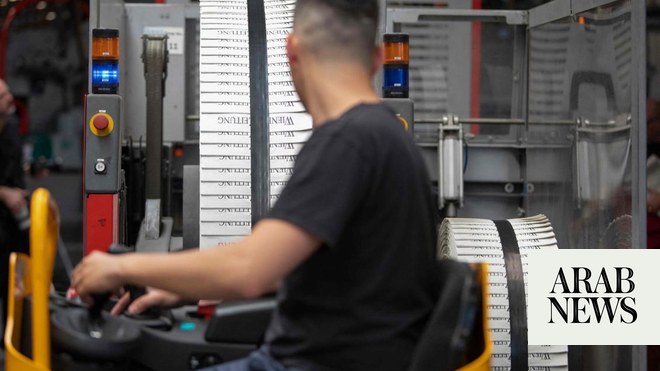
Lebanons daily Al-Mustaqbal issued its last print version after 20 years on Thursday, it said, becoming the latest victim of the countrys media crisis.
The newspaper, owned now by Prime Minister Saad Hariris Future Current party, was founded in 1999 by Hariris father, former Prime Minister Rafik Hariri, who was assassinated by a massive truck bomb in Beirut six years later. Since then, the paper has been a mouthpiece of the Western-backed coalition in Lebanon, which is opposed to Hezbollah and other groups allied with Iran and Syria.
"Al-Mustaqbal folds up its last pages today," said an editorial on the front page of the newspaper, whose name means "Future" in Arabic.
"On Feb. 14, 2019, it relaunches digitally."
The newspaper said its Thursday print edition, which carried pictures of Hariri and the six bodyguards killed with him, would be its last.
For two decades, Al-Mustaqbal recorded key events of the multi-confessional countrys history.
On Thursday, Al-Mustaqbal editor-in-chief Hani Hammoud wrote that his newspaper was struggling to adapt to the digital era.
"In 20 years, a generation of readers has turned into consumers who feel that 120 characters... is enough for them to know," he wrote.
"The daily battle of editors at Al-Mustaqbal... has become to find a headline that doesnt make the reader feel like they already saw it the previous night on their smartphone."
The newspaper suffered a financial crisis in 2015, prompting the dismissal of employees and a delay in payment of salaries, media watchdog Reporters Without Borders says.
Several Lebanese newspapers have stopped printing in recent years as they struggle to compete with digital media. Al-Mustaqbal is only the latest in them to call it quits. In September, political daily Al-Anwar disappeared from print after nearly 60 years due to "financial losses".
In June, prestigious pan-Arab newspaper Al-Hayat closed its Lebanon offices, where it was first founded in 1946 before later becoming Saudi owned.
Its printing presses in Beirut stopped the same month, leaving its international version only available online.
In late 2016, Lebanese newspaper As-Safir closed 42 years after publishing its first edition, with the founder saying it had run out of funds.
Lebanon has weathered a series of political crises since civil war broke out in neighboring Syria in 2011, and the prime minister has for eight months failed to get all political parties to agree on a new Cabinet.











